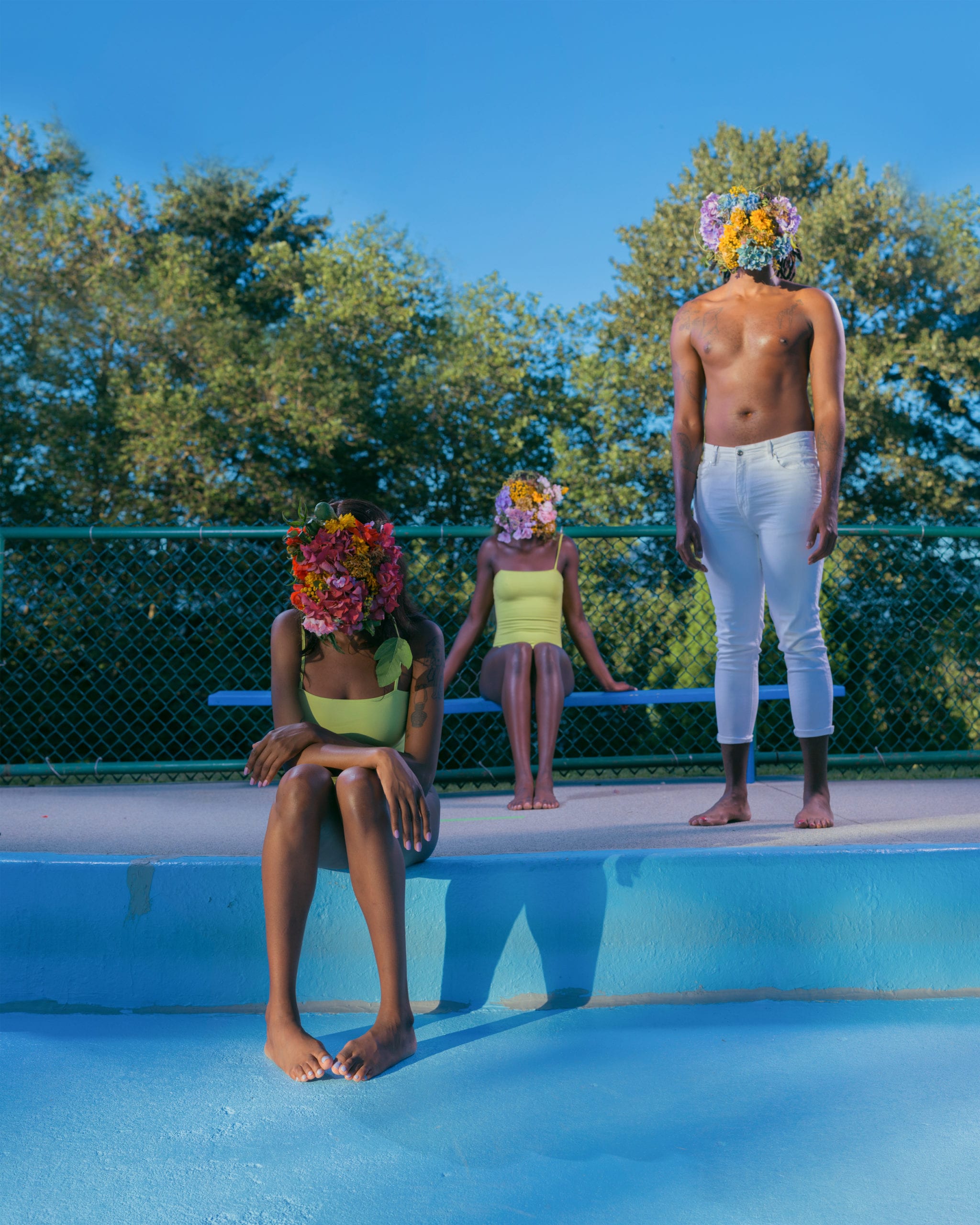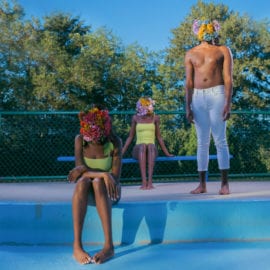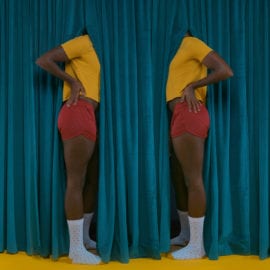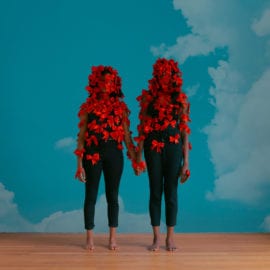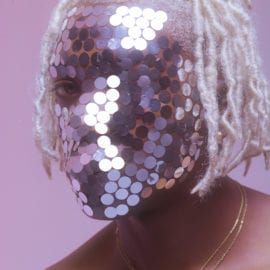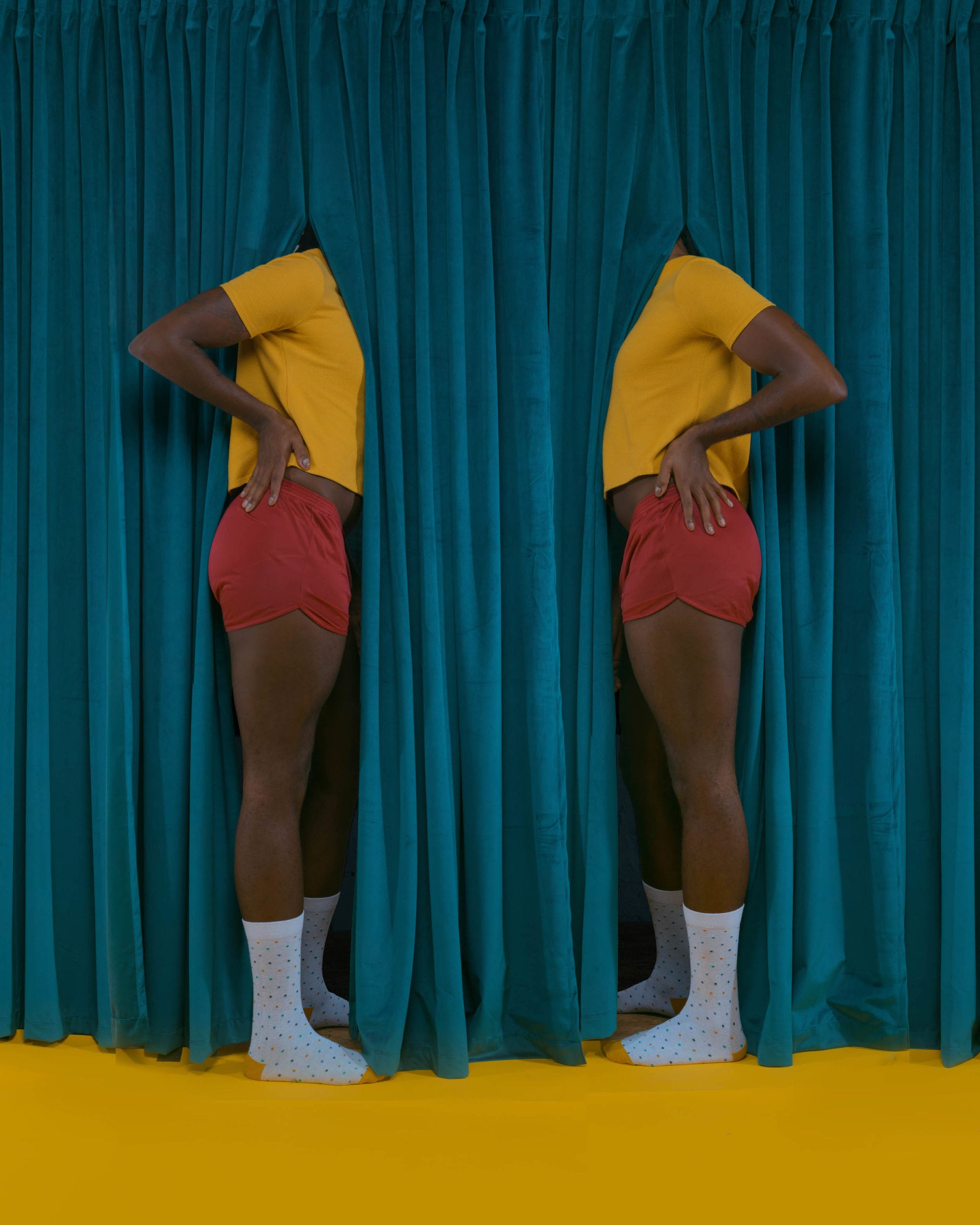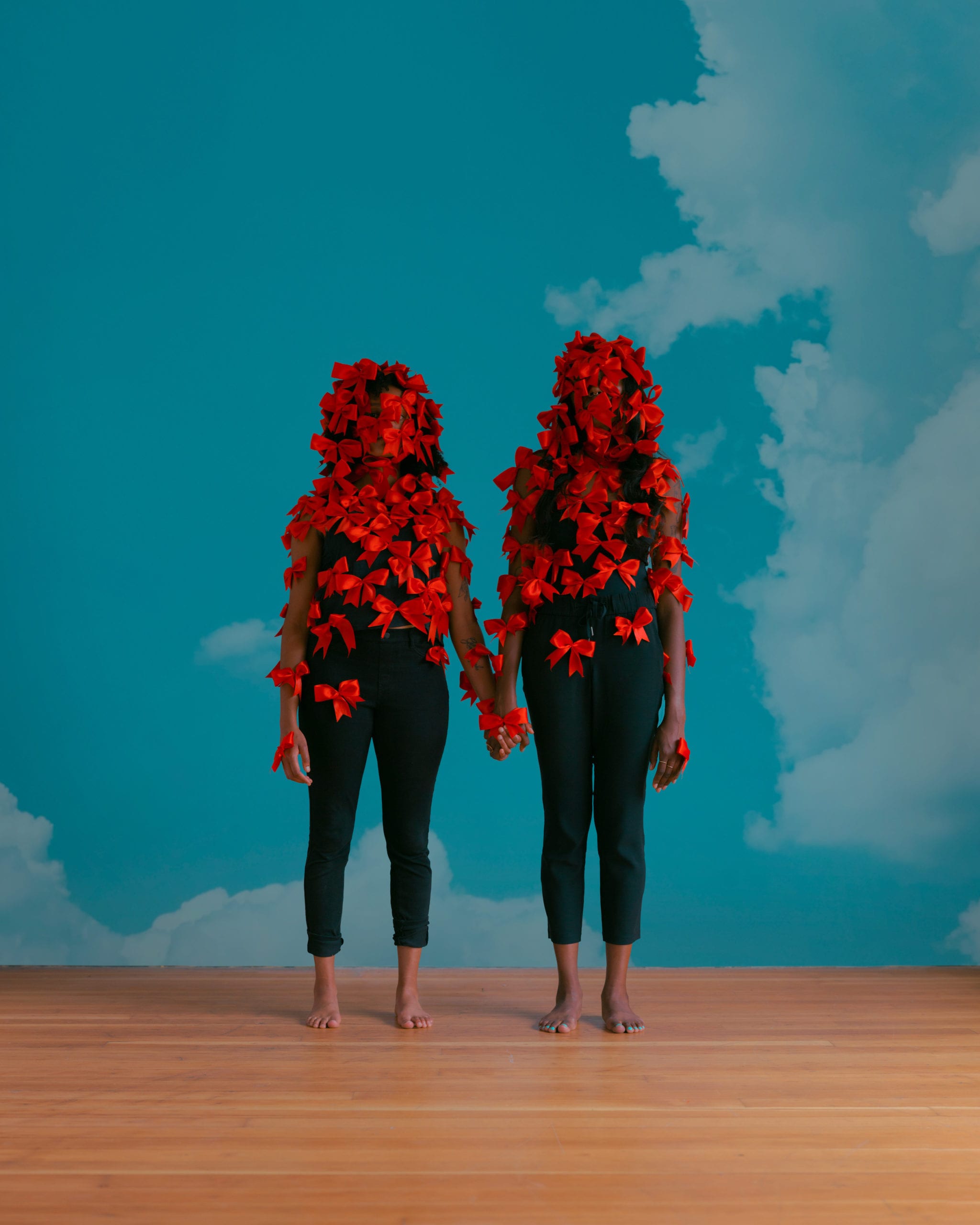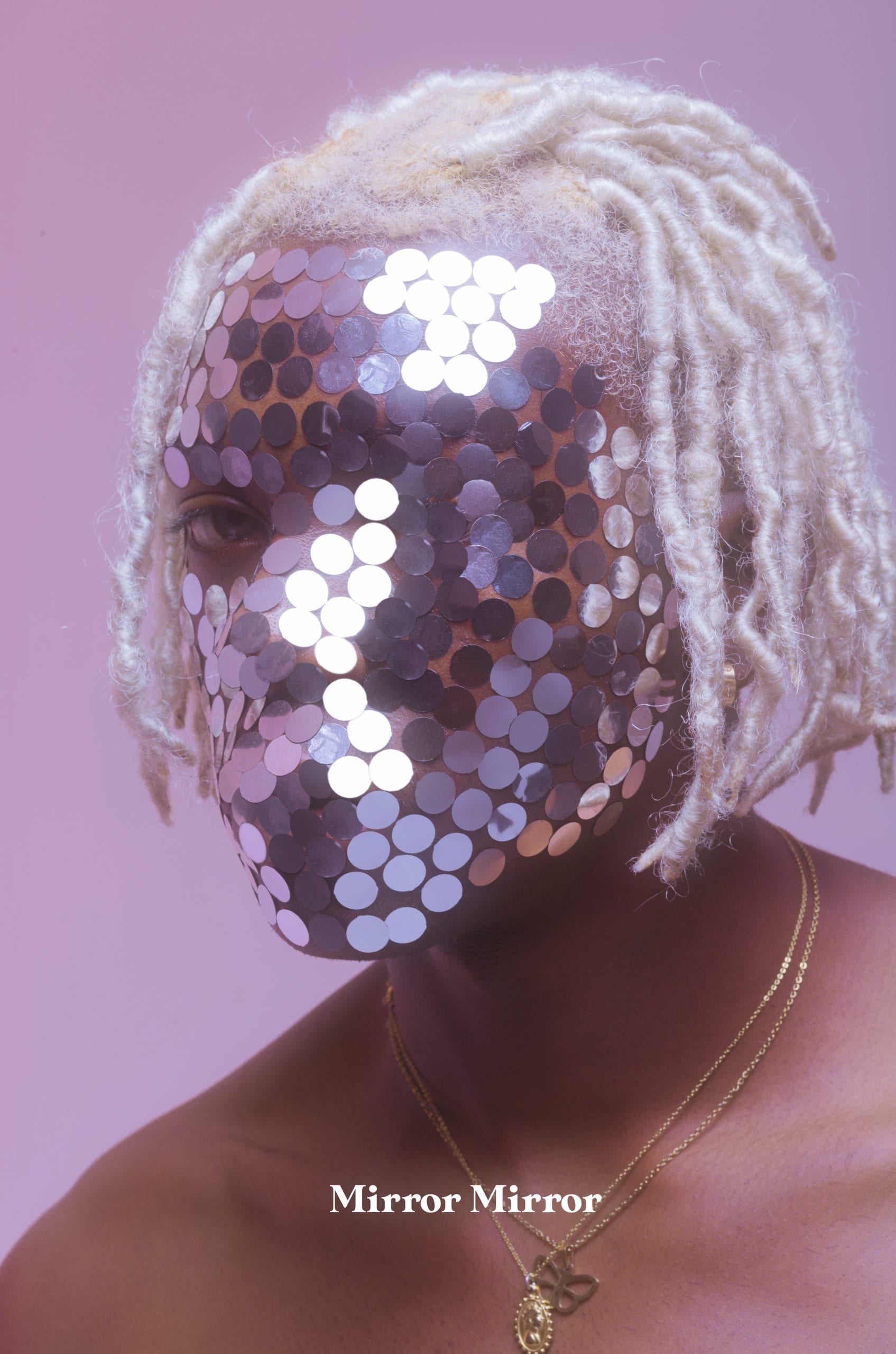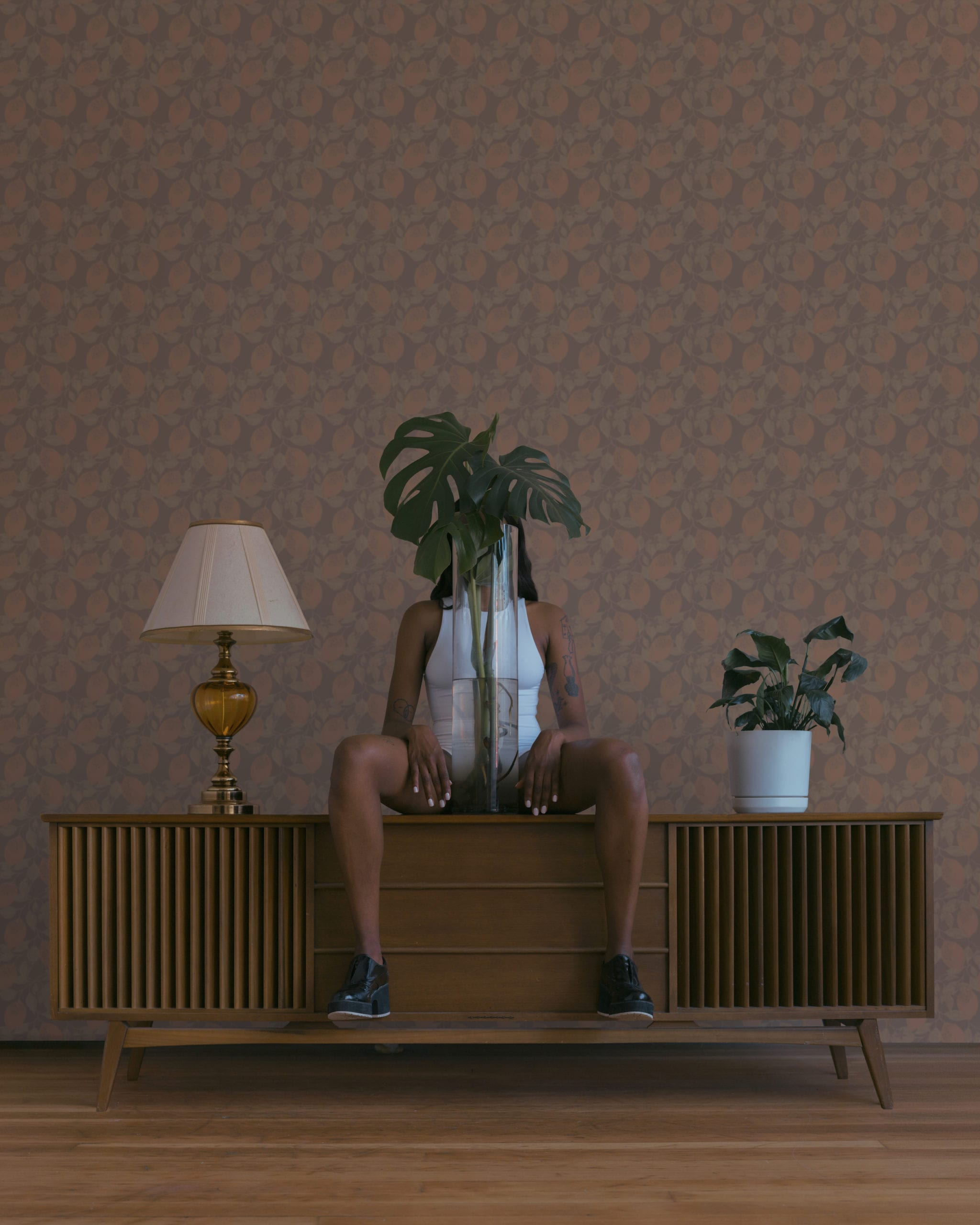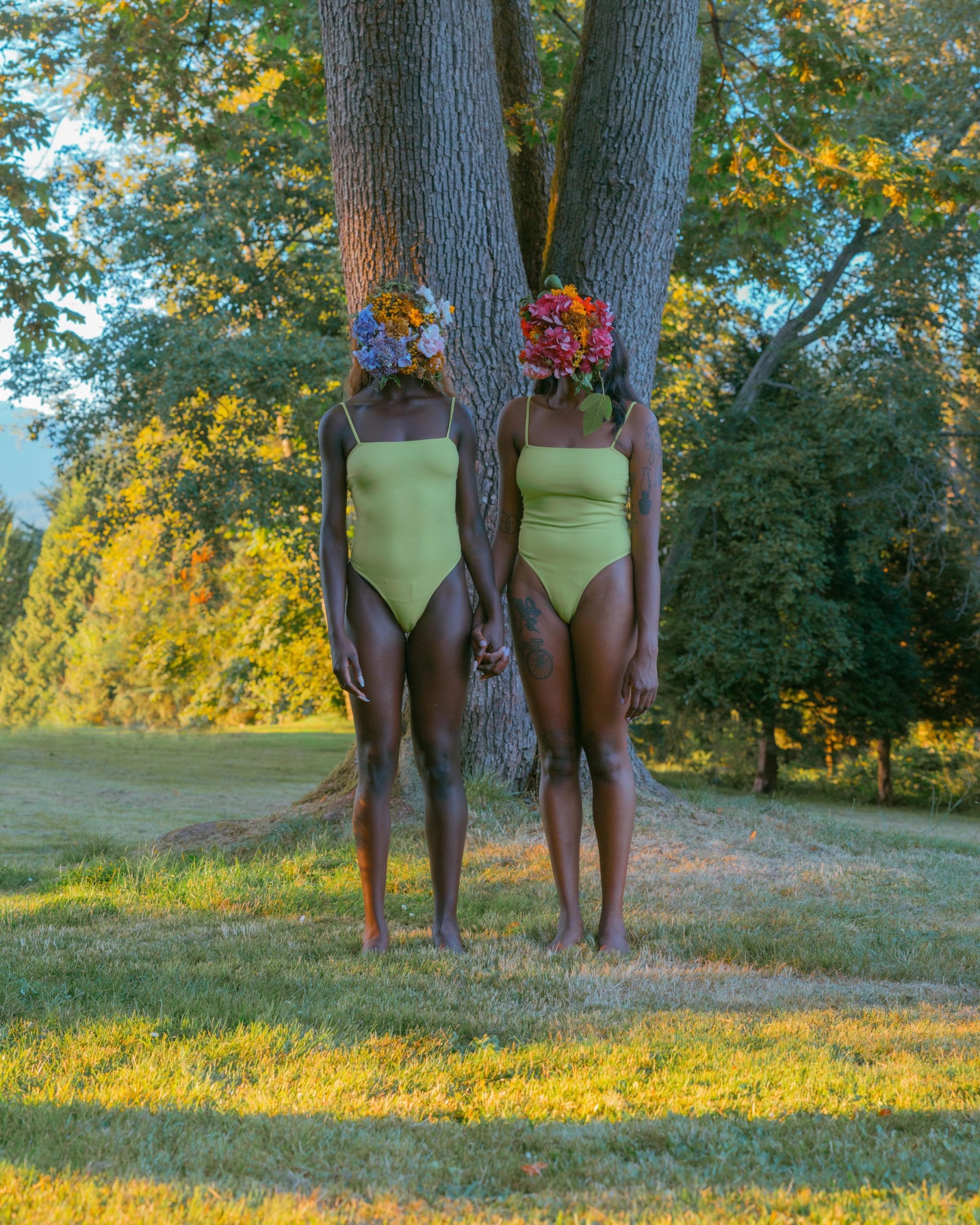Kriss Munsya reclaims memories of childhood trauma and racism
He was road-tripping with his parents and his older sister in Germany. They stopped at a really low budget hotel on the highway. He was six years old. He remembers he couldn’t sleep that night because of the sound of the highway. The next day, he played soccer with his farther in the parking lot, while his sister and mom were hanging out on the grass. Suddenly the ball rolled towards the fence, and as he went to collect it, on the other side of the highway, he could see another highway hotel. But that one was a fancy one. He could see rich white families in the pool. He remembers the patio was full of flowers. He was really jealous, and maybe a bit mad at his parents for staying in that low budget one. He wanted to be on the other side of the highway. It took him years to understand that he was exactly where he was supposed to be.
Source:
